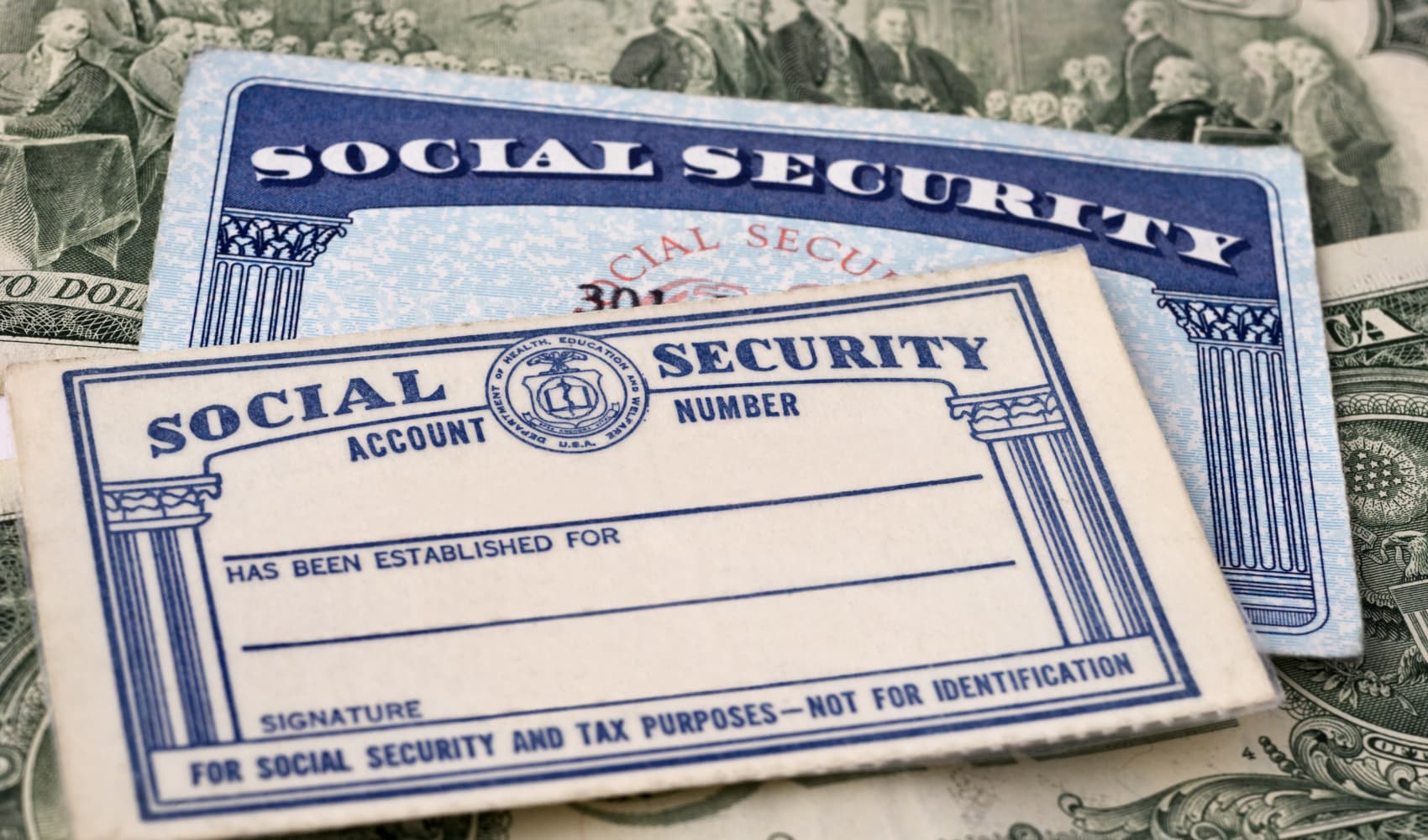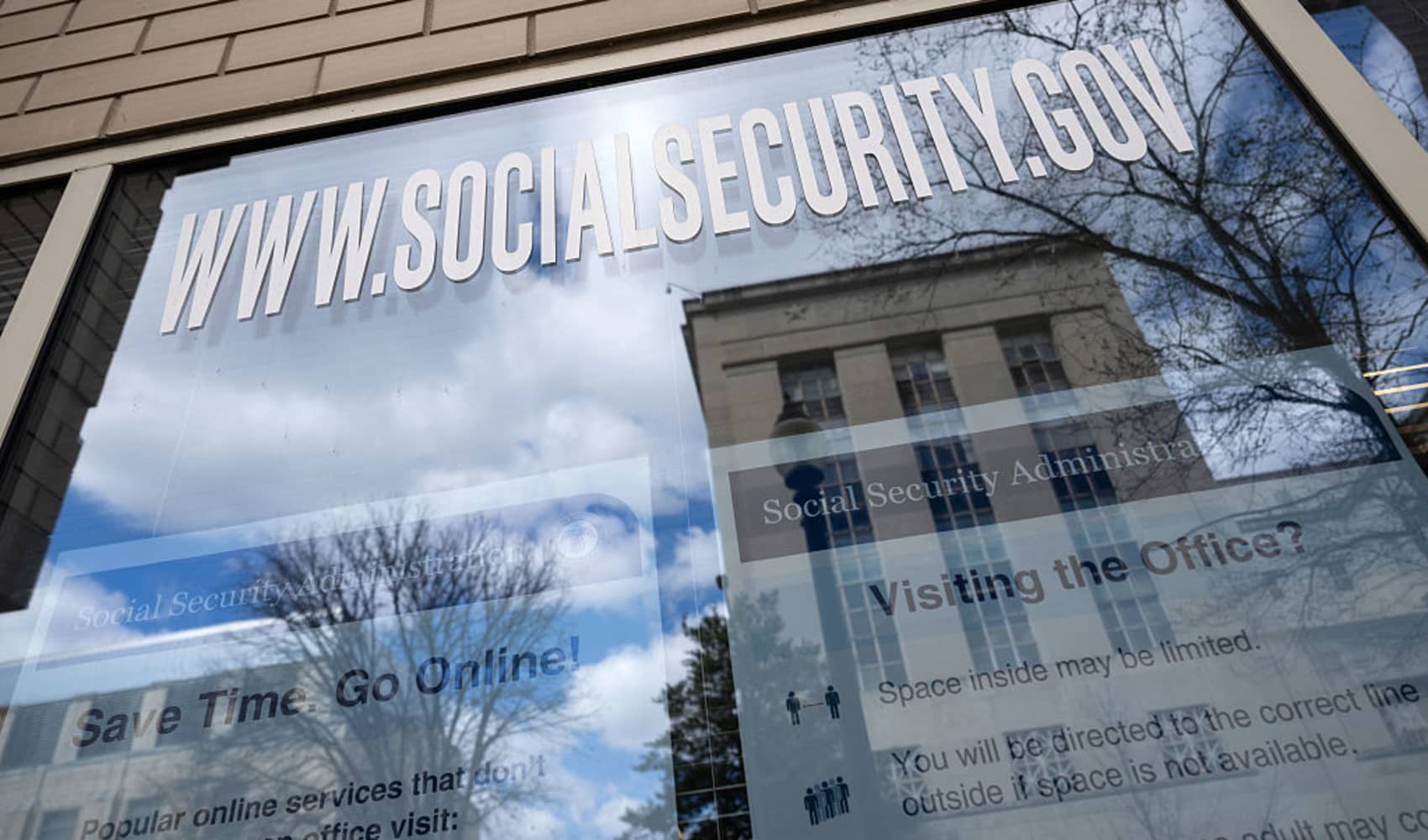Beat Retirement Anxiety: Tips to Avoid Running Out of Money
Retirement Fears: Outliving Your Money is Americans' Biggest Worry
Introduction: The Elephant in the Room – Retirement Finances
Retirement. It's supposed to be the golden years, a time for travel, hobbies, and relaxation. But for many Americans, a dark cloud hangs over that dream: the fear of running out of money before they, well, run out of life. A recent Allianz Life survey revealed a startling truth: 64% of Americans are more worried about outliving their savings than they are about dying itself. That's a pretty sobering thought, isn't it? What's behind this anxiety, and what can we do about it? Let's dive in.
The Root of the Worry: Why Are We So Scared?
Several factors contribute to this widespread fear. We’re not just talking about a vague unease; these are real, tangible concerns that plague potential retirees. These worries are usually grouped into three main categories:
- Inflation's Bite: Prices for everything, from groceries to healthcare, keep climbing. This makes it harder to stretch retirement savings.
- Social Security Uncertainties: Many worry that Social Security benefits won't be enough to live on, or that the system might face cutbacks in the future.
- Taxing Times: Taxes can take a significant chunk out of retirement income, further straining already tight budgets.
Who's Most Afraid? Gen X at the Forefront
The survey indicated that Gen X, those aged roughly 44 to 59, are particularly anxious. They're nearing retirement age but may not have had the same opportunities to save as earlier generations. However, Millennials and Baby Boomers aren't immune either. This financial stress affects all age groups, underscoring the importance of planning and preparedness.
The Foundation: Saving Early and Often
Building Your Retirement Nest Egg
The most crucial element of a secure retirement is simple, yet often difficult: saving. The earlier you start, the better. Think of it like planting a tree: the sooner you plant it, the more time it has to grow. Consistent saving, even small amounts, adds up over time thanks to the magic of compound interest.
Maximize Employer Contributions
Does your employer offer a 401(k) or other retirement plan with matching contributions? If so, take full advantage! It's essentially free money, and it can significantly boost your retirement savings.
Automate Your Savings
Set up automatic transfers from your checking account to your retirement account each month. This way, saving becomes a habit, not an afterthought.
Smart Money Management in Retirement
The 4% Rule: A Starting Point
The 4% rule suggests withdrawing 4% of your retirement savings in the first year, and then adjusting that amount each year for inflation. This is a popular guideline, but it's not a one-size-fits-all solution. It’s important to know this is more of a guideline than a guaranteed safe withdrawal strategy.
Revisiting Your Budget: Needs vs. Wants
Retirement is a good time to reassess your spending habits. Identify areas where you can cut back without sacrificing your quality of life. Do you really need that premium cable package, or could you switch to a streaming service? Do you really need to eat out every day?
Diversification is Key: Don't Put All Your Eggs in One Basket
A well-diversified investment portfolio can help protect your savings from market volatility. Spread your investments across different asset classes, such as stocks, bonds, and real estate.
Longevity Planning: Preparing for a Long Life
Estimating Your Life Expectancy
While it's impossible to predict the future, it's important to consider your life expectancy when planning for retirement. Use online calculators and consult with a financial advisor to get a realistic estimate.
Long-Term Care Considerations
Long-term care expenses can be significant. Consider purchasing long-term care insurance or exploring other options to cover these potential costs. Ignoring this can be like building a house on sand.
Healthcare Costs: Plan Ahead
Healthcare costs tend to increase with age. Factor in these expenses when planning your retirement budget. Look into Medicare options and supplemental insurance plans.
Seeking Expert Advice
The Value of a Financial Advisor
A qualified financial advisor can help you create a personalized retirement plan, manage your investments, and navigate the complexities of retirement finances. Think of them as your financial GPS, guiding you toward your destination.
Tax Planning Strategies
A tax professional can help you minimize your tax burden in retirement. They can advise you on strategies for managing your withdrawals and minimizing your tax liability. The value they provide can make a tangible difference in your retirement nest egg.
Estate Planning: Securing Your Legacy
Estate planning is not just for the wealthy. It's about ensuring that your assets are distributed according to your wishes and protecting your loved ones. Consider creating a will or trust.
Alternative Income Streams
Part-Time Work or Consulting
Working part-time in retirement can provide extra income, keep you mentally active, and offer social interaction. Consider pursuing a hobby or skill you enjoy and turning it into a source of income.
Rental Income: A Passive Income Option
If you own rental property, the rental income can be a valuable source of passive income in retirement. However, be prepared to manage the property or hire a property manager.
Downsizing: Releasing Equity
Downsizing your home can free up equity that can be used to supplement your retirement income. This can also reduce your living expenses, such as property taxes and maintenance costs.
Understanding Social Security
Claiming Strategies: When to Start Receiving Benefits
The age at which you claim Social Security benefits can significantly impact your monthly payments. Delaying benefits until age 70 can result in a much higher payout. Talk to a financial advisor to determine the best claiming strategy for your situation.
Spousal Benefits: Maximizing Your Entitlements
If you are married, you may be eligible for spousal benefits based on your spouse's earnings record. Understanding these benefits can help you maximize your retirement income.
Working While Receiving Social Security
Working while receiving Social Security benefits can affect your payments, especially if you are under your full retirement age. Be aware of the earnings limits and how they can impact your benefits.
Mental and Emotional Well-being
Finding Purpose Beyond Work
Retirement is a significant life transition. It's important to find new sources of purpose and fulfillment beyond work. Pursue hobbies, volunteer, or spend time with loved ones.
Combating Loneliness and Isolation
Loneliness and isolation can be common challenges in retirement. Stay connected with friends and family, join social groups, or participate in community activities.
Financial Mindfulness: Reducing Stress and Anxiety
Practice financial mindfulness by regularly reviewing your budget, tracking your spending, and staying informed about your financial situation. This can help reduce stress and anxiety related to money.
Conclusion: Taking Control of Your Financial Future
The fear of running out of money in retirement is real, but it doesn't have to be a reality. By saving early and often, managing your finances wisely, seeking expert advice, and planning for longevity, you can take control of your financial future and enjoy a secure and fulfilling retirement. Remember, it's never too late to start. Take the first step today!
Frequently Asked Questions (FAQs)
Q: How much should I save for retirement?
A: There's no one-size-fits-all answer, as it depends on your lifestyle, expenses, and life expectancy. However, a common rule of thumb is to aim to save at least 10-15% of your income each year, starting as early as possible.
Q: What is the 4% rule, and is it still relevant?
A: The 4% rule suggests withdrawing 4% of your retirement savings in the first year and then adjusting that amount each year for inflation. While it's a helpful guideline, it's not foolproof. Consider factors like your risk tolerance, life expectancy, and market conditions when determining your withdrawal rate.
Q: What are the biggest mistakes people make when planning for retirement?
A: Common mistakes include not saving enough, starting too late, underestimating healthcare costs, failing to diversify investments, and not seeking professional advice.
Q: How can I protect myself from inflation in retirement?
A: Invest in assets that tend to hold their value or increase with inflation, such as stocks, real estate, and Treasury Inflation-Protected Securities (TIPS). Also, consider adjusting your budget and spending habits to account for rising prices.
Q: What if I'm already close to retirement and haven't saved enough?
A: Don't panic! There are still steps you can take. Consider working longer, downsizing your home, cutting expenses, and seeking professional financial advice to explore all your options. It's about damage control and finding creative solutions to make your savings last.







